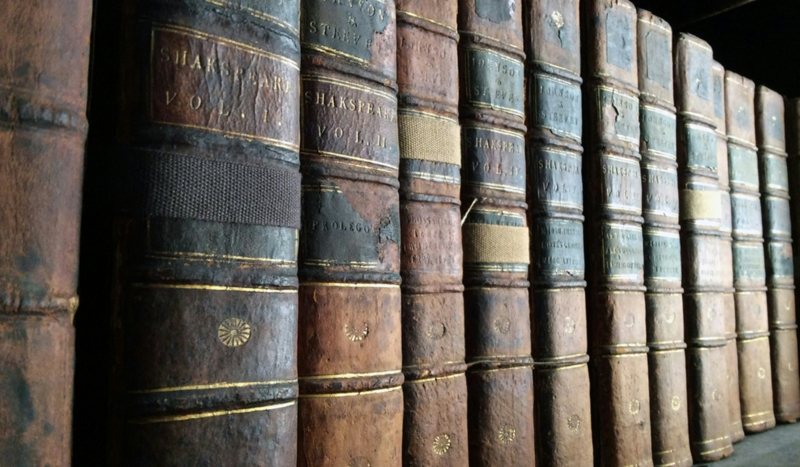
Photo by Julian Nortoft on Unsplash
CV NEWS FEED // Shakespearean scholar Joseph Pearce made a historical argument that Shakespeare was a practicing Catholic in a time when the English government persecuted non-Anglicans.
In an article for Aleteia, Pearce stated that there is “overwhelming evidence” that Shakespeare was raised in a devout Catholic family. Shakespeare’s father was fined in 1592 for refusing to attend Anglican services, and Shakespeare’s mother came from one of England’s “most incorrigibly defiant Catholic families,” Pearce states.
Shakespeare’s father also left a spiritual last will and testament in his home. The document, which was discovered in 1757, invoked the Trinity, the Blessed Mother, the saints and angels, and continued, “I, John Shakspear, an unworthy member of the holy Catholic religion… do… make and ordain this my last spiritual will, testament, confession, protestation, and confession of faith…”
William Shakespeare was closely associated with Catholics, Pearce relates. His patron in London was the Earl of Southampton. The Earl’s confessor was St. Robert Southwell, and “considerable documentary evidence” shows that Shakespeare knew St. Robert personally before Southwell’s arrest in 1592l St. Robert Southwell is one of the Forty Martyrs of England and Wales.
Pearce states, “One of the most convincing pieces of evidence for Shakespeare’s Catholicism is to be found in his purchase of the Blackfriars Gatehouse in March 1613.” The Gatehouse was well known for hosting secret Catholic activity and having secret passages to the Thames that were used to help persecuted priests escape British authorities.
Pearce continues, “Shakespeare, having chosen to purchase one of the most notorious Catholic houses in the whole of England, leased it to John Robinson, an active Catholic whose brother had entered the English College in Rome to train for the priesthood.” He states that author Ian Wilson thinks that Shakespeare appointed Robinson as a guardian for this center of Catholic activity.
In Shakespeare’s last will and testament, he left most of his money to his daughter Susanna, who, like her grandfather, had been noted by the government as a “recusant” Catholic for refusing to attend Anglican services. He left some of his wealth to other Catholic friends. Anglican minister Richard Davies stated in the 1600s that Shakespeare “[died] a papist.”

